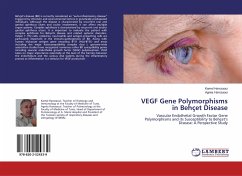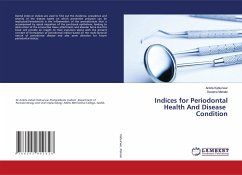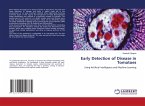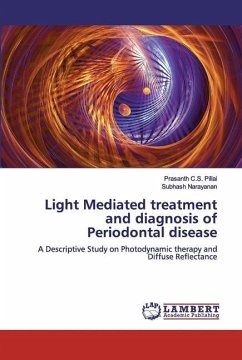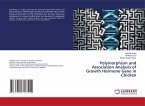Behçet's disease (BD) is currently considered an "auto-inflammatory disease" triggered by infection and environmental factors in genetically predisposed individuals. Although the disease is characterized by recurrent oral and genital aphthous ulcers and ocular involvement, it can affect multiple organ systems. Complex aphthosis is characterized by recurrent oral and/or genital aphthous ulcers. It is important to evaluate the patient with complex aphthosis for Behçet's disease and related systemic disorders. Helper T (Th) cells, cytokines, neutrophils and antigen-presenting cells are particularly important in the immuno-pathogenesis of BD. Along with human leukocyte antigen gene encoding B 51 (HLA-B 51) and areas including the major histocompatibility complex class I, genome-wide association studies have recognized numerous other BD susceptibility genes including vascular endothelial growth factor (VEGF) polymorphism. VEGF takes on major importance essentially at the level of the barriers between the endothelium and the various vital systems during the inflammatory process as inflammation is a stimulus for VEGF production.
Bitte wählen Sie Ihr Anliegen aus.
Rechnungen
Retourenschein anfordern
Bestellstatus
Storno

